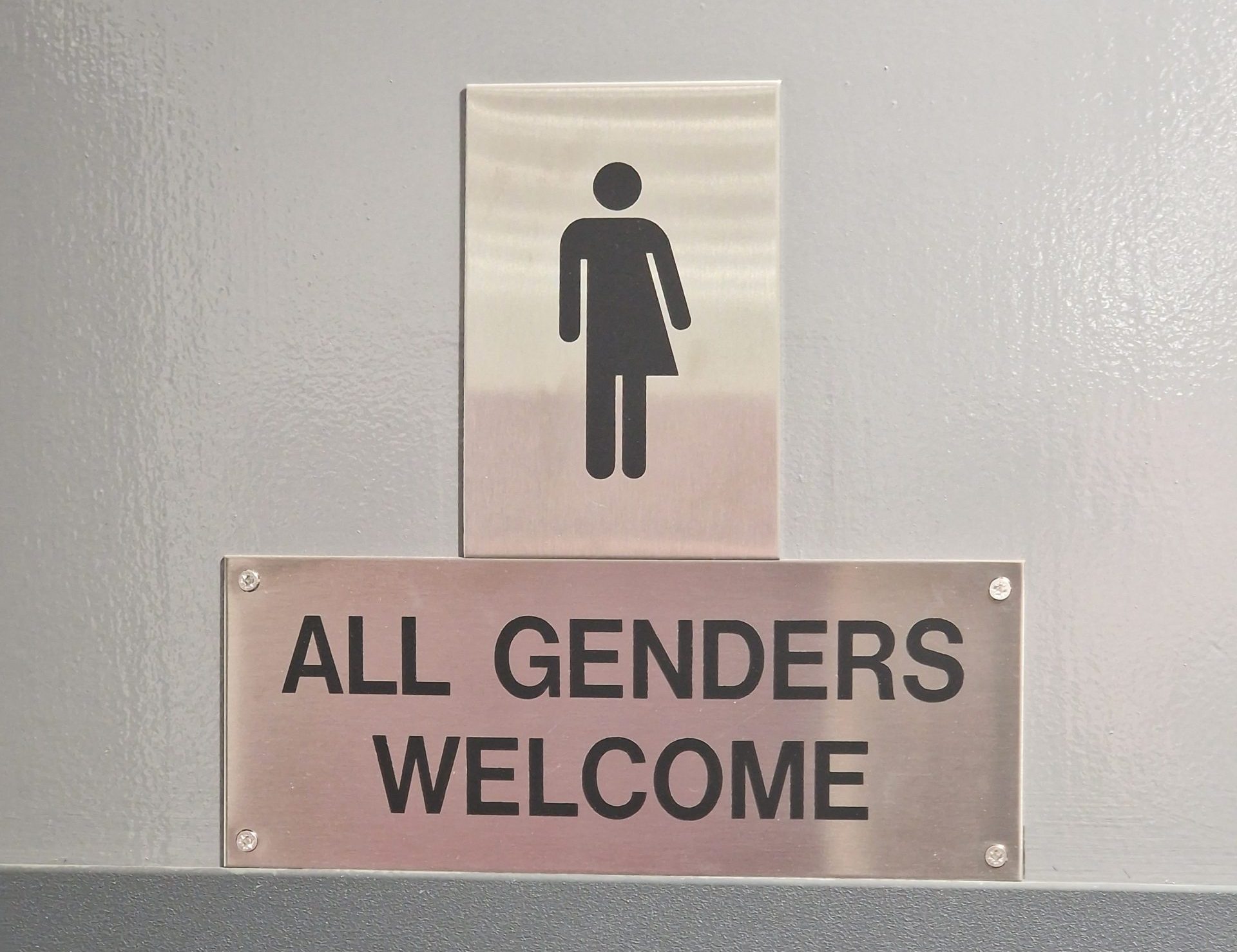The University has confirmed that it will comply with the new legal standards of “man” and “woman” when guidance is released, in response to the recent UK Supreme Court ruling that recognises the definition of biological sex.
In a statement released on April 28 on their website, the University said it: “is committed to creating an environment that is safe, inclusive and welcoming for all.”
However, the University’s commitment to supporting all members of the community seems at odds with aligning institutional policies to a ruling that centers biological definitions of sex.
Former LGBTQ+ Students’ Officer Freddie Newell acknowledged that whilst the University’s statement “certainly seems contradictory, a failure to comply could see the University sanctioned.”
Newell added: “Right now, the University has very little guidance on what they can and can’t do, so it puts the entire Higher Education sector in a bit of a grey area.”
When asked to respond to the ruling, the Chair of the Language and Linguistic Science (LLS) Equality, Diversity and Inclusion (EDI) Committee said in an email: “Please be assured no action will be taken against trans students or staff who use the facilities that align with their gender identity.”
The LLS EDI Committee has confirmed that the University continues to use “gender” rather than “sex” to describe toilet facilities.
They encouraged staff and students to use facilities that they feel appropriate with, and have assured that no action would be taken against transgender individuals.
While the University has publicly affirmed its support for transgender and non-binary members of the University community, the University’s legal compliance raises concerns about how the University will remain committed to equality, diversity and inclusion.
The reassurance that “no action will be taken” offers little long-term clarity or protection when future policies could enforce binary definitions in key areas such as access to gendered facilities and sport.
The University’s continued use of “gender” in signage and communications could potentially conflict with the new guidelines, putting the University’s inclusivity policy and legal compliance in conflict.
The University has established a task and finish group to assess the practical implications of the ruling and determine necessary actions. This includes reviewing the University’s approach to facilities in line with the latest guidance from the Equality and Human Rights Commission (EHRC).
The University reinforced its commitment to “our principles of equality, diversity and inclusion” and has offered support for members of the community that may be affected by the ruling.
In their statement, the University acknowledged the divisive nature of the ruling and the questions it raises for the University community.
Current University policy involves a mix of single-gender and gender neutral toilet facilities across campus. Gender neutral facilities are designed to be inclusive spaces, allowing all students to use the facilities regardless of gender identity.
For sport competitions, the British Universities and Colleges Sport (BUCS) guidance has not yet changed. It remains that if the national governing body for a certain sport has a policy on transgender competitors that should be followed. If not, then BUCS guidance applies.
In a statement to York Vision, outgoing York SU Sports Officer Tanisha Jain (TJ) said: “We should be trying to create opportunities for all students to get involved in sport and physical activity.”
TJ reaffirmed the York SU’s commitment to inclusivity, explaining that while competitive teams must follow regulations set by national governing bodies, often through BUCS, the Union will “continue to use our platform to lobby these organisations so that all students have access to appropriate competition.”
